Wie Sie sich jetzt auf die Taxonomieverordnung vorbereiten sollten
Wenn nächstes Jahr zum 1. Januar 2022 die Taxonomieverordnung in Kraft tritt, wird es ernst. Die ersten neuen Pflichten haben wir schon mit der Offenlegungsverordnung, die am 10. März 2021 in Kraft getreten ist, gespürt. Dann geht es noch weiter.
Wenn Sie Ihr Finanzprodukt als ökologisch nachhaltig bewerben möchten, müssen Sie ab dem 1. Januar 2021 strenge Vorschriften und Kriterien einhalten. Nur wenn Sie diese Kriterien einhalten, sind Ihre Produkte „Taxonomie-konform“.
Die delegierte Rechtsakt zur EU-Klimataxonomie wurde am 21.04.2021 beschlossen und Ende Mai formell verabschiedet. Dann stehen die Kriterien für ökologisch nachhaltige Wirtschaftstätigkeiten fest.
Viel Zeit bleibt nicht mehr. Wir zeigen Ihnen, wie Sie sich vorbereiten können.
- Ist-Zustand der Assets erfassen
Jetzt schon können Sie prüfen, ob Ihre Assets nach dem bisher veröffentlichten Kriterienkatalog Taxonomie-konform wären. Erste Studien zeigen, dass die Mehrheit der Assets den Kriterien bislang nicht standhalten. Grund dafür sind aber häufig fehlende Daten zur Bewertung.
2. Datenmanagementsystem einrichten
Die Taxonomie definiert Nachhaltigkeit mit konkreten Kennzahlen wie z. B. durch einen maximalen Wasserdurchfluss von 6 Liter/Minute bei einem Handwaschbecken. Wenn Sie solche Daten aktuell noch nicht erfassen, bleibt Ihnen noch etwas Zeit, jetzt systematische Datenerfassungsprozesse einzurichten.
3. Digitalisierung von Gebäudedaten über den gesamten Lebenszyklus
Versuchen Sie möglichst viele Daten aus Ihren Gebäuden automatisiert zu erfassen und auszuwerten, z. B. durch digitale Zähler (Smart Meter). Das sichert die Datenqualität sowie Verfügbarkeit und reduziert den Aufwand erheblich.
4. Nachhaltigkeitsbezogene Performance verbessern
Wenn Sie aufgrund von verlässlichen Daten einen Ist-Zustand erfasst haben, können Sie nun Schwachstellen und Optimierungspotentiale identifizieren.
5. Ziele setzen
Aus den Schwächen, die jetzt noch bestehen, können Sie Maßnahmen ableiten und sich Ziele setzen, z. B. bzgl. der Klimaneutralität oder Energieeffizienz.
6. Über eine Zertifizierung nachdenken
Der systematische und faktenbasierte Ansatz von Zertifizierungssystemen wie z. B. DGNB erleichtern die Bewertung nach Taxonomieverordnung. Eine Zertifizierung kann daher sinnvoll sein, um Prozesse zu etablieren und die Nachhaltigkeitsleistung fortlaufend zu messen. Außerdem haben Anbieter von Benchmarking- und Zertifizierungssystemen angekündigt, dass sie zukünftig die Taxonomiekriterien in ihre Systeme aufnehmen werden.









Head Office, Berlin,
Neue Grünstraße 17 | 18 Hof 1 | TRH 3
10179 Berlin
© ES EnviroSustain GmbH 2021




